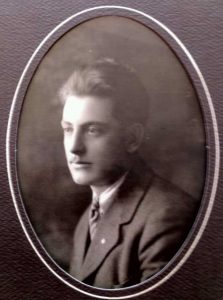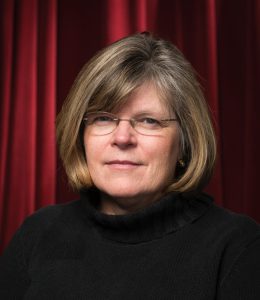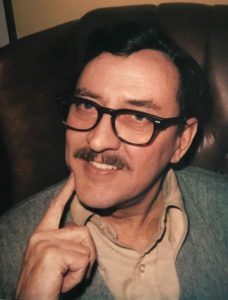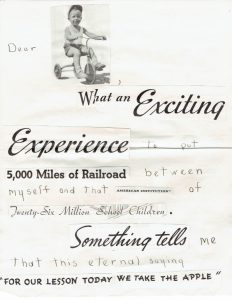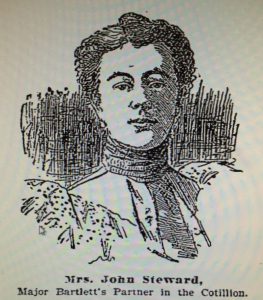
I recently traveled to Michigan to watch my cousin, Scott, graduate from Michigan State University (Go Spartans!) with a law degree. And like any good family member/genealogist, while I sat with my family waiting for the commencement to commence, I examined the program for Scott’s name. After a few moments, I located my cousin’s first and middle name: Scott Harrison. Excited, I asked my aunt and uncle whether Harrison was a family name. “Nope,” my uncle explained, “when your aunt was eight months pregnant, we got the name Harrison from a billboard that we passed while driving home. It sounded presidential, so we went with it.” Now, because my family is beyond sarcastic, I didn’t believe them at first; however, after a few minutes of my uncle insisting this was the case, I relented – I guess they got the name from a billboard. Continue reading The name game
